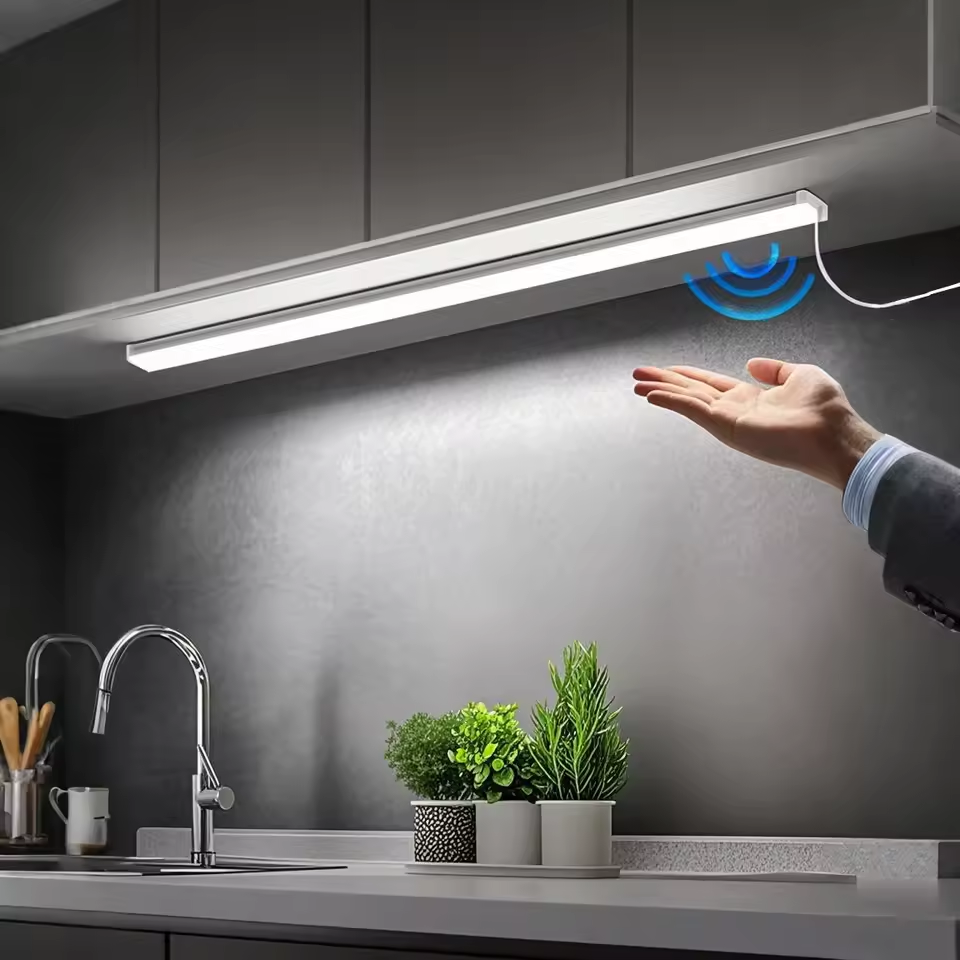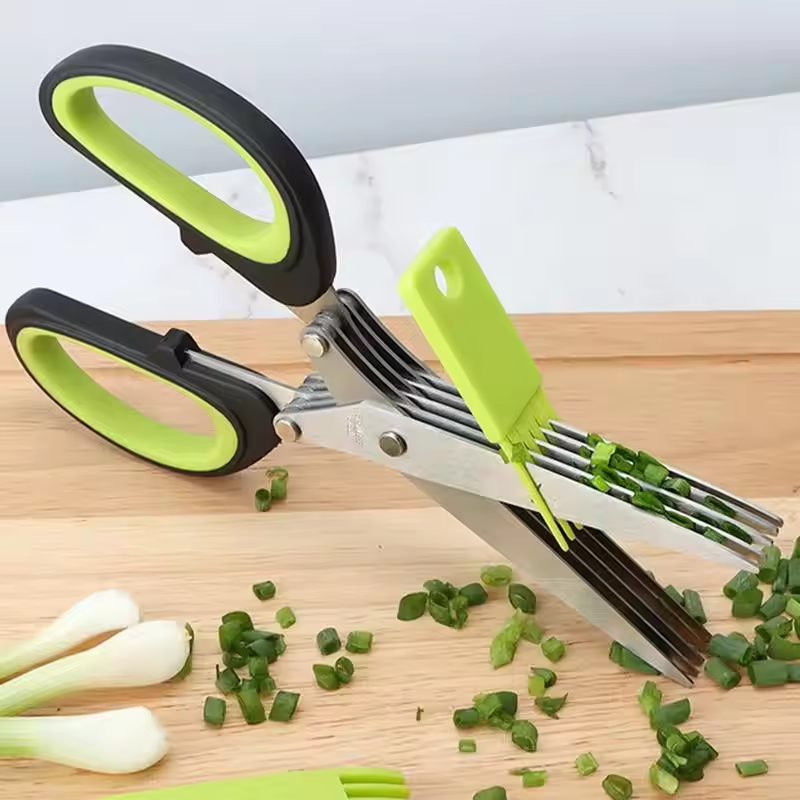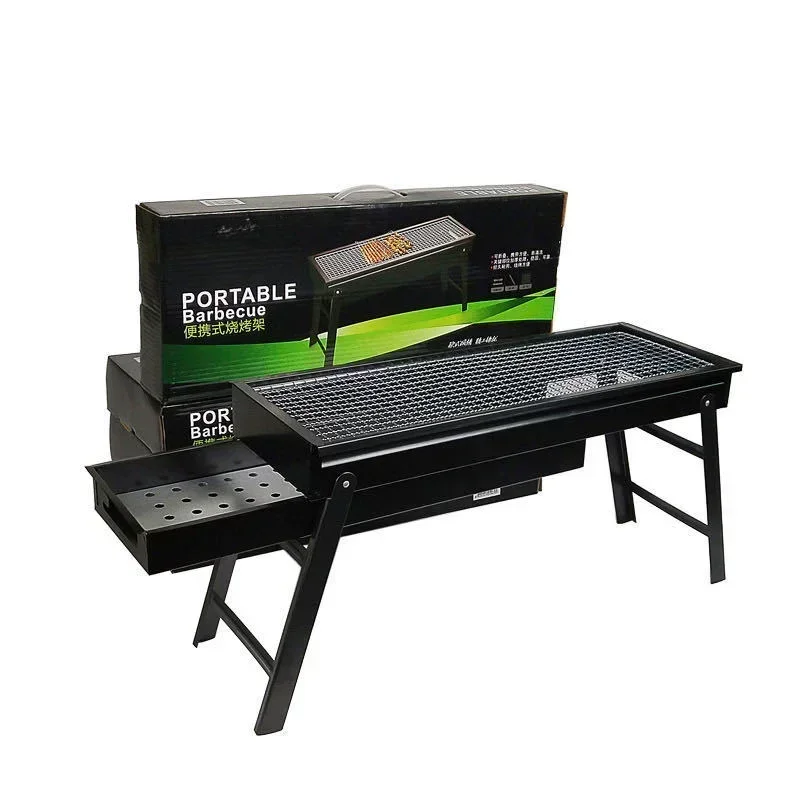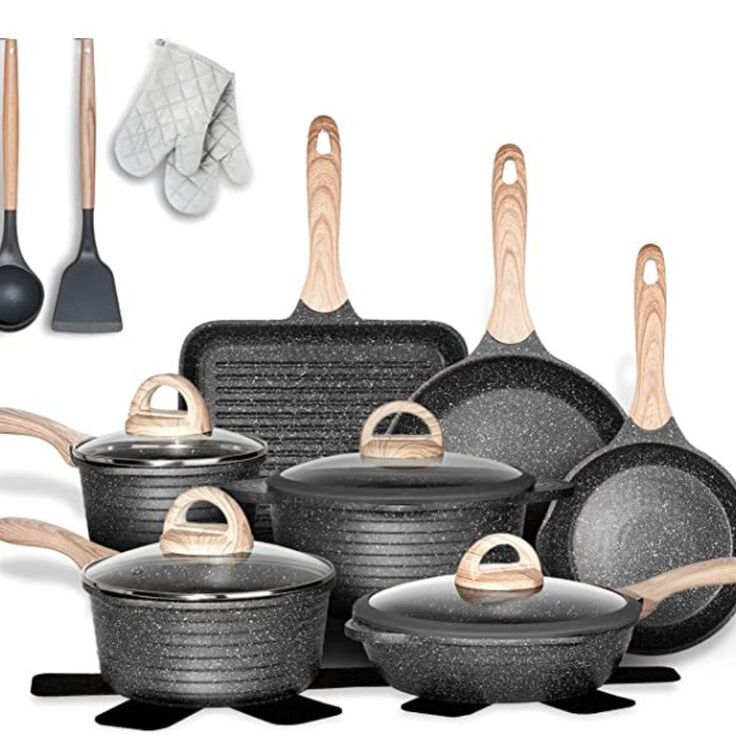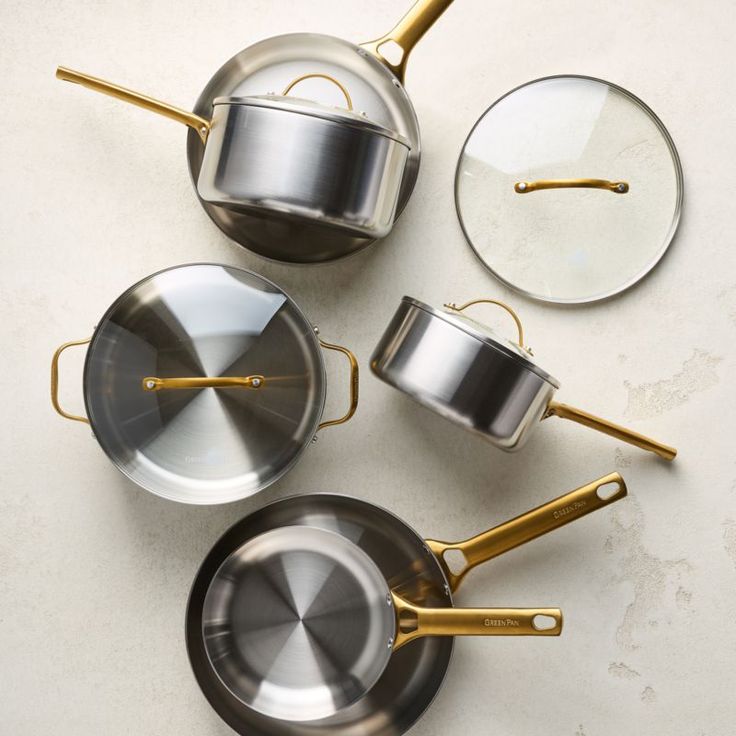Maintaining a clean BBQ grill is essential for optimal performance and flavor. Grill grates, being the primary contact point for food, can quickly accumulate grease, food residue, and carbon buildup. Cleaning them effectively ensures your grill functions properly and extends its lifespan. Here’s a comprehensive guide on how to clean BBQ grill grates, offering you practical tips and methods for achieving a spotless grill.
Understanding the Importance of Clean Grill Grates
Enhancing Flavor and Performance
Keeping your grill grates clean is crucial for both flavor and performance. Residual grease and burnt food can cause off-flavors and potentially affect the taste of your grilled dishes. Accumulated residue may also create hot spots, leading to uneven cooking. Regular cleaning ensures that your grill operates efficiently, providing consistent heat and better results for your meals.
Health and Safety Considerations
Dirty grill grates can harbor bacteria and other pathogens, posing health risks. Grease buildup may also increase the risk of flare-ups, which can be dangerous and potentially cause fires. By maintaining clean grates, you not only ensure a safer grilling environment but also reduce the likelihood of cross-contamination between raw and cooked foods.
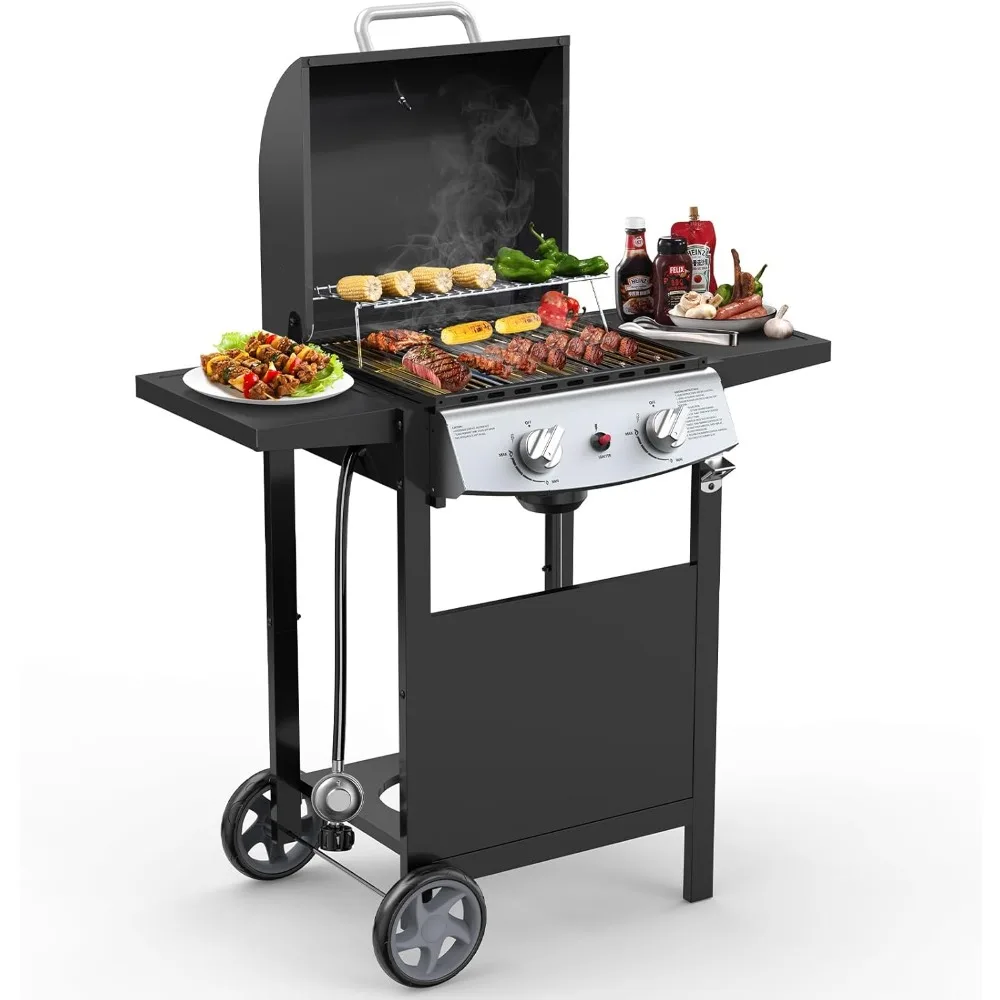
Tools and Supplies for Cleaning BBQ Grill Grates
Essential Tools for the Job
To clean your BBQ grill grates effectively, having the right tools is essential. The most basic and important tool is a grill brush. A brush with stiff bristles can scrape off food residue and carbon buildup. Additionally, a scraper tool or a putty knife can help with tougher grime. For those who prefer a less manual approach, a grill cleaning solution or degreaser can make the job easier.
Cleaning Supplies and Products
In addition to physical tools, cleaning supplies such as dish soap, baking soda, and vinegar can be highly effective. Dish soap helps to cut through grease, while baking soda and vinegar are natural cleaning agents that can tackle stubborn residue. For more intensive cleaning, specialized grill cleaners are available that are designed to dissolve grease and grime without damaging the grates.
Pre-Cleaning Preparation
Safety First: Letting the Grill Cool
Before starting the cleaning process, it’s crucial to let your grill cool down. Cleaning hot grates can be dangerous and may result in burns. Allow the grill to cool completely after use, ideally for at least 30 minutes. If you are cleaning the grates before the next use, ensure they are cool enough to handle safely.
Removing the Grates
For a thorough cleaning, remove the grates from the grill. This allows you to clean all surfaces effectively, including the areas that are in direct contact with the grill itself. Carefully lift the grates and set them aside on a flat surface where you can work on them comfortably. Ensure you have a suitable workspace and protective gloves if needed.
Basic Cleaning Techniques
Using a Grill Brush
The most common method for cleaning grill grates is using a grill brush. Start by preheating the grill for 10-15 minutes to loosen any residue. Then, use the brush to scrub the grates while they are still warm. Make sure to brush both the top and bottom surfaces of the grates. For best results, use a brush with strong, durable bristles and replace it periodically to maintain its effectiveness.
Scrubbing with Soap and Water
For a deeper clean, you can scrub the grates with a mixture of dish soap and warm water. Soak the grates in the soapy water for about 30 minutes to loosen any remaining debris. After soaking, use a sponge or brush to scrub the grates thoroughly. Rinse the grates with clean water and dry them completely before reassembling them in the grill.
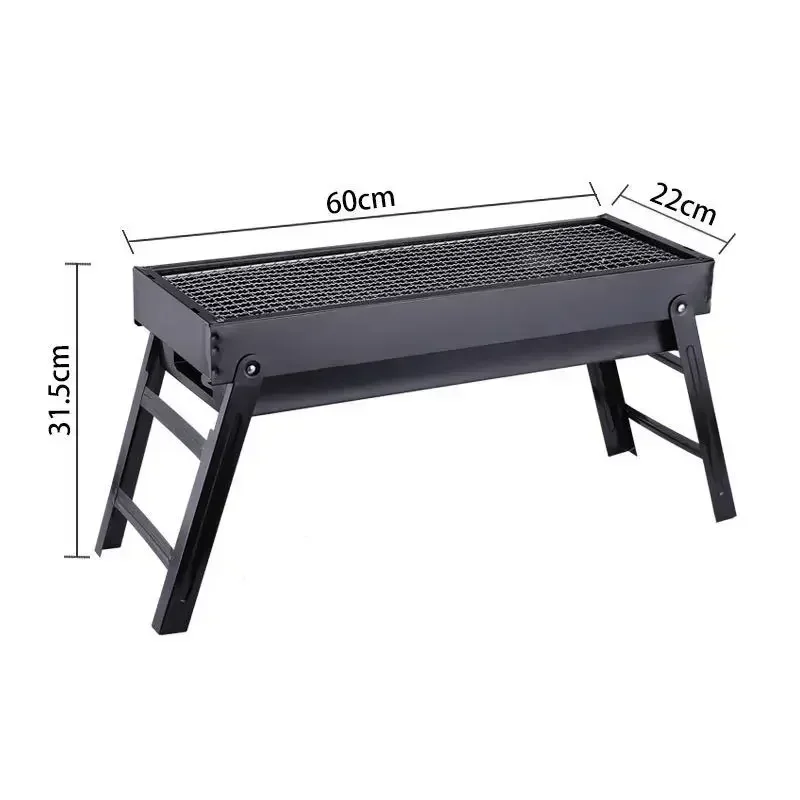
Advanced Cleaning Methods
Using Baking Soda and Vinegar
For stubborn stains and heavy grease buildup, a combination of baking soda and vinegar can be highly effective. Sprinkle baking soda on the grates and then spray or pour vinegar over it. The chemical reaction helps to break down grime and residue. Let the mixture sit for 15-20 minutes before scrubbing with a brush. Rinse thoroughly with water and dry before reassembling.
Applying Grill Cleaner Solutions
Specialized grill cleaners are designed to tackle tough grease and carbon deposits. Apply the cleaner according to the manufacturer’s instructions, usually by spraying it on the grates and letting it sit for a specified amount of time. Afterward, scrub the grates with a brush or sponge and rinse thoroughly. Always ensure you follow safety guidelines and recommendations when using commercial cleaning products.
Post-Cleaning Maintenance
Reassembling and Inspection
Once your grill grates are clean and dry, carefully reassemble them in the grill. Inspect the grates for any remaining residue or damage. Ensuring that the grates are properly seated and aligned will help maintain optimal grill performance. Also, check other components of the grill, such as burners and drip trays, to ensure they are clean and functioning correctly.
Regular Cleaning Schedule
To keep your grill grates in top condition, establish a regular cleaning schedule. Ideally, clean the grates after each use to prevent buildup of grease and food residue. For a more thorough cleaning, perform a deep clean every few weeks or as needed based on your grilling frequency. Regular maintenance will not only keep your grill looking good but also enhance its performance and longevity.
Troubleshooting Common Issues
Removing Rust from Grill Grates
Rust can be a common issue, especially with grates made of cast iron. To remove rust, use a combination of a wire brush and a rust remover or a mixture of baking soda and water. Scrub the rusty areas thoroughly and rinse with water. After removing the rust, season the grates with a light coating of oil to prevent future rusting.
Dealing with Stubborn Grease
If grease is particularly stubborn, consider using a degreaser or a heavy-duty grill cleaner. Apply the product according to the instructions and allow it to sit for a few minutes to break down the grease. Scrub the grates with a brush and rinse thoroughly. For severe cases, you may need to repeat the process or use a stronger cleaner.
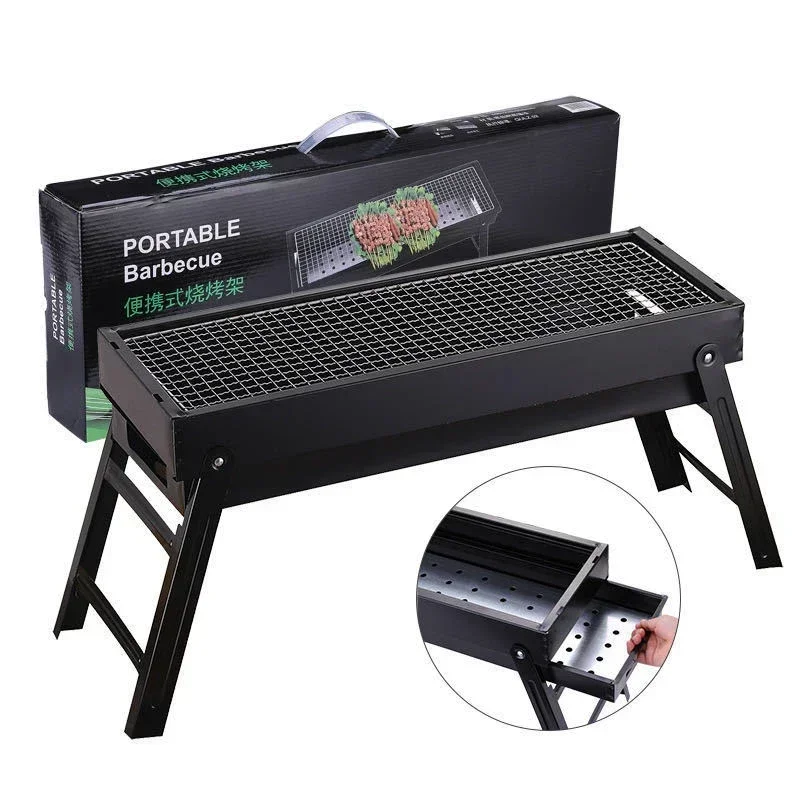
Eco-Friendly Cleaning Solutions
Natural Alternatives for a Greener Grill
For those who prefer environmentally friendly options, there are several natural cleaning solutions that are effective and safe. Lemon juice is a powerful natural cleaner that can cut through grease and add a pleasant scent. Combine lemon juice with baking soda to create a paste that can be applied to the grates. Let it sit for a few minutes before scrubbing and rinsing.
Another eco-friendly option is using a mixture of olive oil and salt. The salt acts as a mild abrasive, while the oil helps to loosen residue. Apply the mixture to the grates, scrub with a brush, and rinse thoroughly. This method not only cleans but also helps to condition the grates.
Avoiding Harmful Chemicals
Many commercial grill cleaners contain harsh chemicals that can be harmful to both health and the environment. Opting for natural cleaning solutions reduces exposure to these chemicals and minimizes environmental impact. Always check labels and product ingredients if you choose to use commercial cleaners, and follow recommended safety precautions.
Conclusion: Maintaining a Spotless Grill
Keeping your BBQ grill grates clean is essential for a great grilling experience. By using the right tools and techniques, you can ensure your grates remain spotless and your food tastes delicious. Regular maintenance not only enhances flavor and performance but also promotes safety and longevity of your grill. Follow these tips and make grill cleaning a part of your routine to enjoy hassle-free and enjoyable outdoor cooking.



